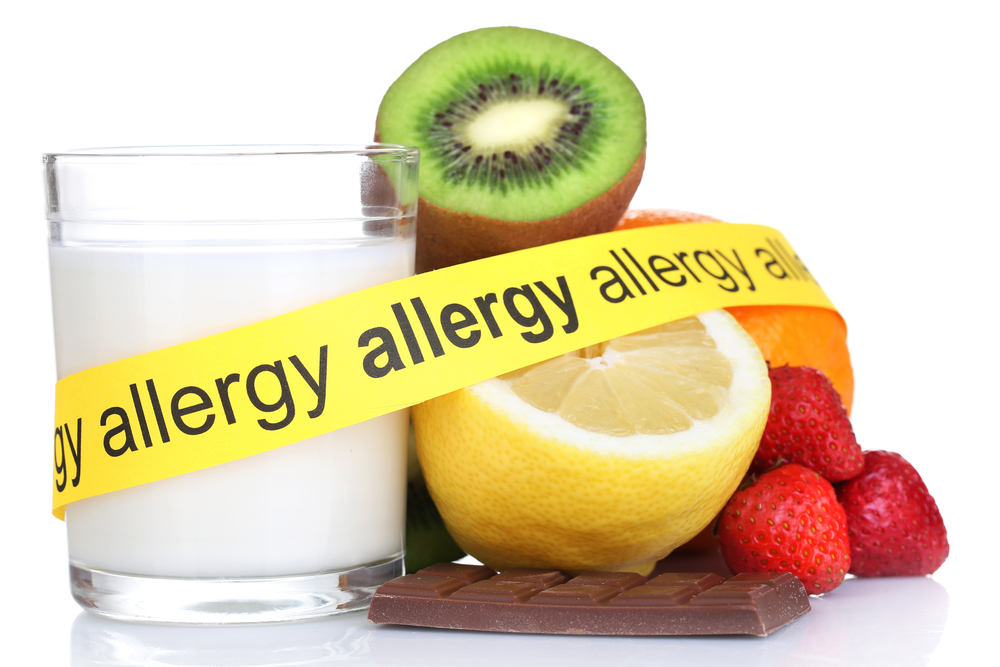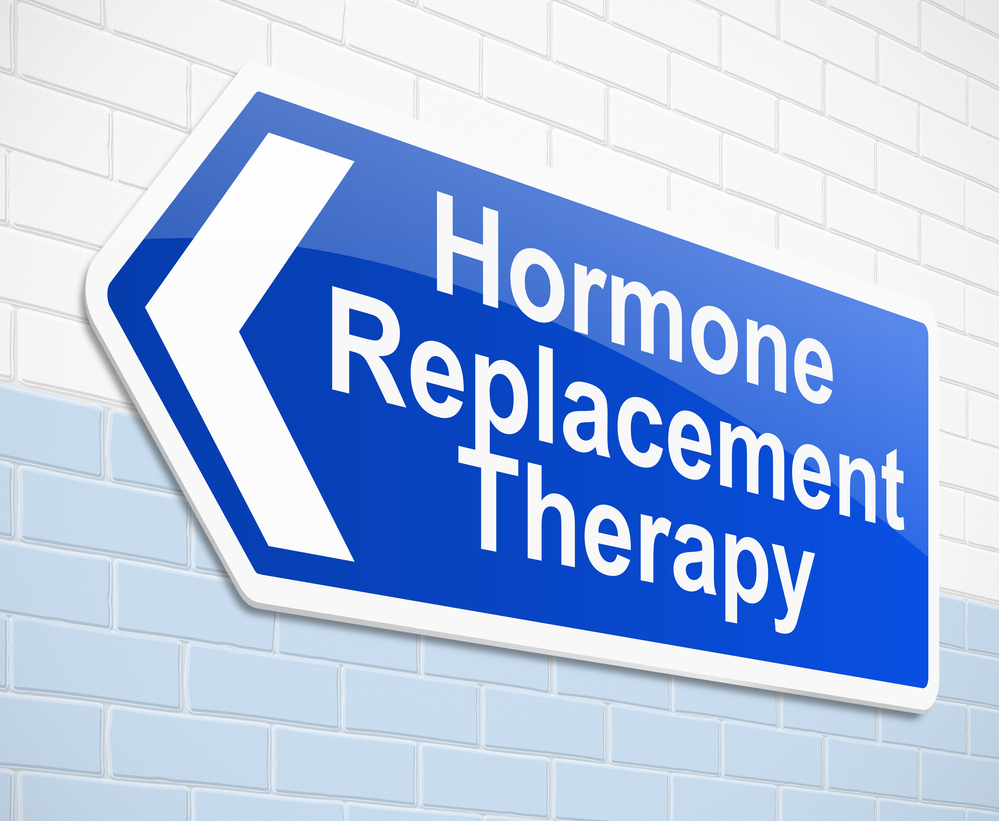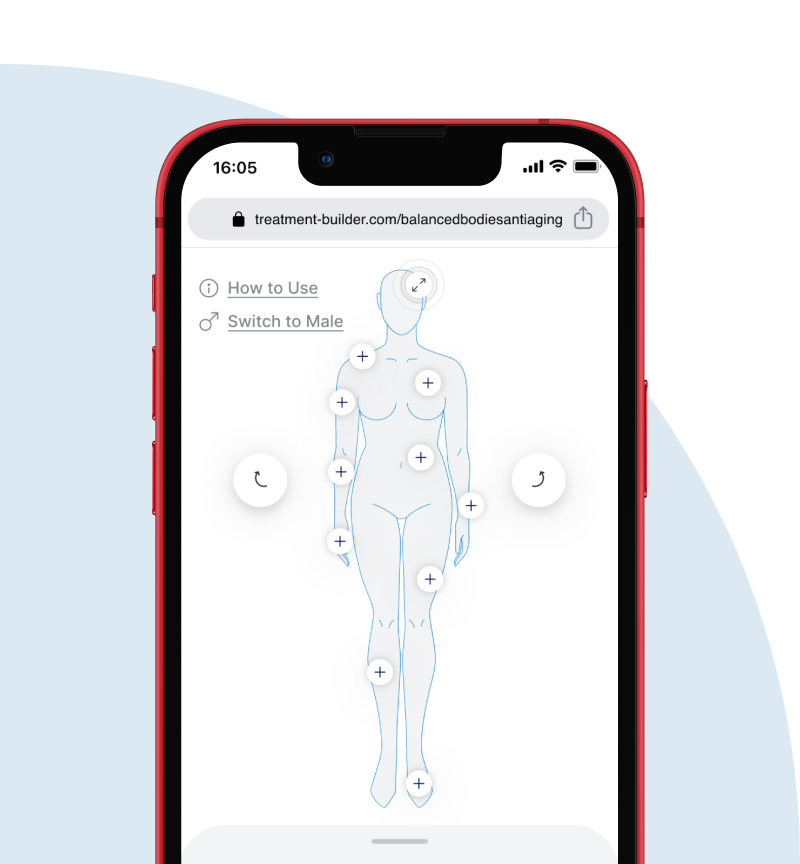
Having a food allergy or food intolerance can be a major complication in your daily life, particularly when you can’t pinpoint what food is giving you trouble. With a telehealth consultation, you can arrange for food allergy testing that can be completed at home or in the office, depending on your specific concerns. Keep reading to learn more about the accuracy of allergy tests at Balanced Bodies Anti-Aging Clinic in Sandy Springs, GA.
How Accurate Is Food Allergy Testing?
In general, allergists consider food allergy testing to be fairly accurate. However, it’s important to understand that no single test will do it all. It’s also important to understand that some tests are more appropriate for some types of food sensitivities.
Breath Test
Breath tests are commonly administered to assess food intolerances. A breath test works by analyzing the enzymes in your breath after eating a portion of food. A breath test is most commonly administered to assess for lactose intolerance, since this test will measure the direct amount of hydrogen gas before and after drinking milk. Breath tests are fairly accurate.
IgE Blood Test
The most common type of food allergy test is an IgE blood test. This test specifically identifies immunoglobulin in your blood, either through a pinprick skin test or by assessing blood serum with lab work. It’s important to note that the IgE blood test has a roughly 50% chance of providing a false positive, which is why allergists pay more attention to negative results.
This particular blood test is 95% accurate for providing negative results, which means the test is used to rule out food allergies rather than confirm food allergies.
Other Tests
There are a few other tests that may be used to identify food allergies. For example, depending on your symptoms, your doctor and allergist may also order invasive exams such as an endoscopy to diagnose autoimmune diseases, such as celiac disease, which is triggered by gluten intolerance.
Another common test that may be administered is the oral food challenge test, which is a way of identifying possible food allergies. Under medical supervision, patients eat a portion of food slowly to assess whether a food allergy exists. It’s important to only perform an oral food challenge test under direct medical supervision to avoid the risks of an untreated food allergy.
The Importance of Medical History Evaluation
In addition to the variety of tests that may be administered to assess a food allergy or food intolerance, your medical history is very important. In particular, your doctor will ask if you have noticed any pattern of an allergic reaction after eating certain foods. The medical history evaluation may also be used to track the severity of an allergic reaction, particularly if you were admitted to the emergency room for treatment at any point.
Your medical history evaluation is a crucial part of identifying a food allergy or food intolerance simply because allergists will need to verify a diagnosis. Because only some tests provide accurate insight into food allergies, your specific situation may depend on the circumstantial evidence of your medical history to complete your diagnosis.
Food Allergy vs. Food Intolerance
The terms food allergy and food intolerance are strongly associated, but these terms are not interchangeable. Full-blown food allergy is still relatively uncommon, with only one in 13 children being diagnosed with a food allergy. By contrast, food intolerance is by far more common, especially in adults.
The main difference between a food allergy and food intolerance is the mechanisms in the body that respond negatively to food. With a food allergy, your immune system creates immunoglobulin antibodies to fight against the food that has been identified as dangerous by your immune system.
Food intolerance, on the other hand, will usually be triggered by the gastrointestinal tract and is largely linked to a lack of enzymes in the body that can process certain foods. Allergies can be life-threatening; intolerances can be life-altering but are not immediately deadly.
Symptoms of Food Allergy
Food allergies present extreme and noticeable allergic reactions within about 30 minutes to one hour of eating a portion of food. The symptoms of a food allergy can include rashes, hives, itching, flushing skin, and tingling. More severe symptoms of a food allergy can include a dangerous drop in blood pressure, trouble breathing, and severe abdominal discomfort.
Symptoms of Food Intolerance
The symptoms of food intolerance can generally occur a few hours or days after ingesting a food. Typically, the symptoms of food intolerance will mostly focus on the gastrointestinal tract and may include problems such as diarrhea, cramping, constipation, or bloating. Food intolerance can be developed over several years, with many adults developing food intolerance to lactose or wheat.
When Do You Need Help With Food Allergies?
Whether you have a food allergy or food intolerance, you may want to schedule a telehealth consultation for food allergy testing when you can no longer navigate the challenges of your food sensitivity by yourself. The specific times when you may need help with your food allergy or food intolerance include:
You Can’t Identify Food Sensitivities
Many people attempt to identify food sensitivities at home, either by avoiding certain foods or by attempting to reintroduce foods into their diet. If you suspect you have a severe food allergy, this is not the best method to use since you could trigger a severe allergic reaction. However, if you have a mild food sensitivity or food intolerance, this method can sometimes help you narrow down what food is causing your sensitive reaction.
If you cannot identify any specific food sensitivity, but you continue to have reactions, it’s generally time to visit a doctor for food allergy testing. A doctor will be able to assess for the 87 most common types of food allergies or will help you pinpoint your food sensitivities with more accuracy based on your medical history evaluation.
You Can’t Treat Your Reaction With Antihistamines
Oftentimes, people with mild allergic reactions after eating certain foods can manage mild reactions with over-the-counter antihistamines. However, if you have a food allergy that is severe enough, antihistamines may not be effective.
You can tell that antihistamines are ineffective for your food allergy if you do not have any relief after taking the recommended dosage. At this point, it’s usually safest to visit your doctor or urgent care to monitor your health until your symptoms have passed.
You Have Severe Allergic Reactions
If you have had severe allergic reactions that include fainting, loss of consciousness, low blood pressure, trouble breathing, or other severe health risks, you must visit a doctor to identify your food allergy. Severe allergic reactions can be life-threatening if you do not receive treatment in time, so it’s very important to seek medical attention for severe allergic reactions as soon as possible. You will work with a doctor so you can craft an ongoing treatment plan to manage your food allergy.
You Need a Prescription for an EpiPen
If you have a moderate to severe food allergy, then you will likely need to visit a doctor to get a prescription for an EpiPen. An EpiPen is a life-saving medication that can quickly mitigate the worst effects of a severe food allergy. It’s best for people who have severe food allergies to always have an EpiPen on hand.
However, you cannot buy an EpiPen at your local drugstore or pharmacy. Since you will need to have an ongoing prescription, you will need to visit a doctor or attend a telehealth consultation to get a prescription for this life-saving medication. Some doctors may write prescriptions so you can have multiple EpiPens at one time.
You Have Been to the ER for Emergency Treatment
Finally, you will want to schedule an exam with an allergist or a doctor if you’ve been recently admitted to the emergency room for emergency treatment for an allergic reaction. A doctor will examine your medical records to assess whether you have a food allergy or some other medical condition that is causing a severe autoimmune response.
Schedule a Telehealth Consultation Today
If you think that you have a food allergy or food intolerance, it’s best to schedule a telehealth consultation as soon as possible. Allergy food testing is accurate for ruling out food allergies and identifying food sensitivities. A doctor will use allergy testing and your medical history to evaluate your potential food sensitivity and create a treatment plan for you. Schedule your consultation at Balanced Bodies Anti-Aging Clinic in Sandy Springs, GA today.


